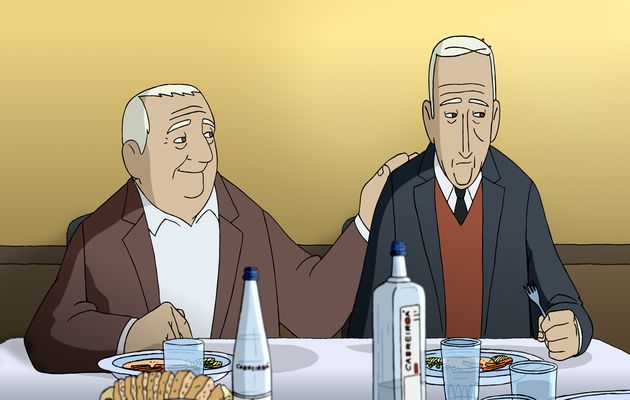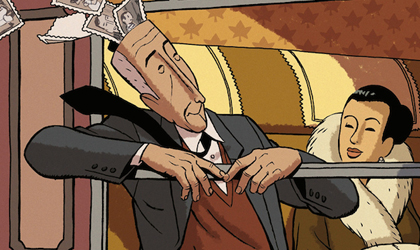Wrinkles
There is a culture that does honour elders (and it is not our culture).
Protestante Digital · 26 FEBRUARY 2015 · 09:40 CET

“Wrinkles” is a Paco Roca’s comic (winner of the 2008 Spanish National Comic Award) that was adapted as an animated movie by Ignacio Ferreras.
It tells the story of a group of elders who suffer the worst disease of all: lack of attention from their children. As parents, that is the worst disease we can have, worse than Alzheimer or cancer.
What has happened that we get rid of our elders so easily? The film deals with the reality of many elders who are sent to a nursing home, even when they are still healthy.
Somewhere in our journey, we have forgotten to follow the legacy that they left us. They took care of our grandparents, but we do not seem to be able to do the same. Is it important what they lived? How much do we really value their experience, dedication, time and love? What are the differences between their way of life and ours?
Nowadays, grandparents are “younger” than before. They take care of grandchildren the whole day, and never accept the seat you offer them at the bus. They wear tennis shoes in the park, and beat you in the swimming pool. But one day, no matter how well they are, they will suffer. Disease will call their door, but the worst will come when they will not receive our help as they expect it. We just look for three or four private nursing houses that are willing to pay the personal cost that we do not want to pay.

Nevertheless, there is a culture that does honour the elders (and it is not our culture).
In that culture, the elderly have something very valuable to teach to the youth. The grey hair crowns their heads, like a pearl of knowledge. In that culture, old men are respected, listening to them over and over again. It does not matter if they are useful, it matters what they say, and they cannot waste the little energy they still have.
We need more of that culture, and less of the culture that says: “Honey, remember that this weekend we have to go to the nursing house to visit your father”.
Can we be different? Are we making a difference? Those who are different have not chosen an easy path, but a narrow one. They love their neighbour without expecting anything in return, because they know their reward does not come from here. The blessing will surpass all their expectations, and it will shine more than that beautiful crown of pearls they have carefully protected.
Published in: Evangelical Focus - family - Wrinkles
